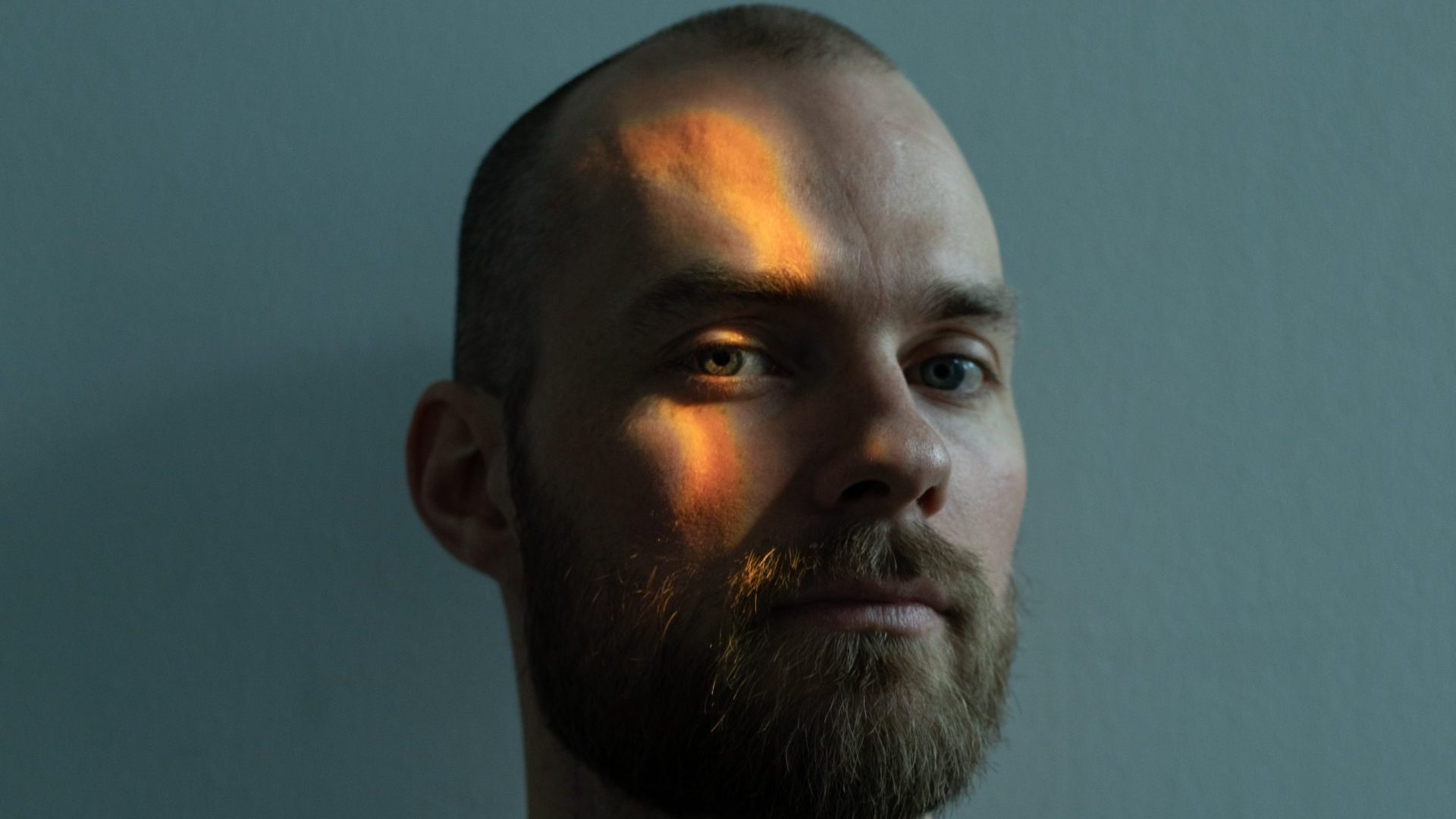Ásgeir Trausti Einarsson has big boots to fill. When the native Icelander released his first album 10 years ago, comparisons with the few but highly
influential musical exports that have come from his homeland were always
going to be made. The fact that he became labelmates with Björk on the
legendary One Little Independent Records – the label that will release his
fourth album Time On My Hands this week – also made Iceland’s history of
musical genius difficult to ignore.
But Ásgeir, as he is mononymously known, has shown himself to be completely up to the challenge. Now a household name in Iceland, he started as he meant to go on, with debut single Sumargestur (Summer Guest) (2012) becoming a No 2 hit there. An engaging bit of wistful indie folk, where his trademark high and lilting vocals seemed to evoke the movements of the
migratory bird the song was about, the single was followed by success on
success, including a Christmas No 1 in the shape of Hvítir skór (White Shoes), a quirky collaboration with Icelandic rapper Blaz Roca. It stayed at the top of the Icelandic charts for nine weeks.
Debut album Dýrð í dauðaþögn (In the Silence) went triple platinum and
the following year he re-released the album with English lyrics. The original
lyrics had been written by his poet father, Einar Georg Einarsson, and none other than adoptive Icelander and one-of-a-kind singer-songwriter John Grant assisted with the translation.
Two more LPs followed. 2017’s Afterglow had only one track in his native tongue, but 2020’s Sátt (True) was completely in Icelandic and followed the same format as his debut LP, with a full counterpart in English titled Bury the Moon. In live performance Ásgeir draws on this bilingual back catalogue as audiences require, playing more English numbers as he gets further south, and a decade on from Sumargestur, Ásgeir has fans all across the continent – his just-concluded tour taking in 10 European countries.
It’s a lot for a 30-year-old from Laugarbakki, a tiny village near the Miðfjarðará river in the north of Iceland. Equidistant between Reykjavík and the northern capital of Akureyri, Laugarbakki truly is in the middle of nowhere, and its chief attractions are its seals, its waterfalls and its unique rock formations. Time On My Hands takes this landscape as its lyrical palette, while sonically it is warm and emotional by virtue of his Ásgeir’s acoustic-picking folk impulses, and atmospheric and immersive via the experimental,
electronic side of his work.
Both the emotional heft of the album’s folktronica and the references to the natural landscape of Iceland mean parts of the album have the cinematic feel that make them seem tailormade for a BBC wildlife documentary, a line of work his fellow countrymen Sigur Rós have virtually monopolised. But other songs, including the title track, which opens the album, are more intimate and introspective, with jazzy percussion and warm horns. Ásgeir’s voice is like a more folky and interesting version of Sam Smith’s falsetto, or a more understated Jeff Buckley, with the added bonus of the unmistakable Icelandic burr.
Borderland opens with the electronic pops and beeps that litter the album and is full of the natural imagery of the far north. Snowblind is very nearly
a fully fledged dance song, with deeply retro synths, but it remains rooted in Ásgeir’s commitment to creating an atmosphere, and lyrically it returns again to Iceland’s landscape, finding him driving up a perilously icy mountain road, which ultimately serves as a metaphor: “I don’t know who or what, if anyone, is really in control”.
Giantess is a lilting folk song with added electronic luminosity and epic horns. Even Like I Am, another of the album’s singles, but one dealing with
the personal (“Either find somebody new/ Or love me like I am”) does so in
a clearly Icelandic landscape: “Close my eyes under the midnight sun/ Please make me whole as I can be”.
But the album’s closer Limitless – the LP’s most powerful track – moves away
from these unspoilt landscapes and offers something directly relatable to those of us who don’t come from a remote Icelandic village. The song offers a set of instructions for finding tranquillity in the urban landscape: “When you’re on a crowded city street/ Shouting people sirens never sleep/ Take a look at the limitless outer space/ When the blue grows a darker and deeper shade/ And you’ll surely hear the racket fade away”.
Amid the warm soundscapes he has created, Ásgeir’s voice provides a pinpoint of clarity – almost a meditative focus – a much-needed thing in troubled times.
ÁSGEIR in five songs
Sumargestur (2012)
The lead single from Ásgeir’s Icelandic-language debut album has a propulsively repetitive folk acoustic sound and lyrics addressed to the
“summer guest” of the title – a migratory bird.
King and Cross (2013)
Ásgeir’s first English-language single showcased the mix of singer-songwriterish introspection, quirky electronica, and smattering of jazz
and funk influences that makes his unique sound.
Youth (2020)
From 2020’s Bury the Moon, this song is an affectionate account of Ásgeir’s Icelandic childhood in the tiny village of Laugarbakki, recalling ice skating
on the frozen lake, and how “In stormy winter weather/ We built a house of snow”.
Sunday Drive (2021)
From last year’s EP The Sky Is Painted Gray Today, this track recounts
Ásgeir’s real-life childhood experience of being in a car that rolled off an
Icelandic mountain.
Borderland (2022)
The most recent single from new album Time On My Hands wistfully
evokes Ásgeir’s homeland: “Soaring through silent skies/ Over the coastal
city/ Across the ocean/ And I’m carried on a breeze/ Up north is where I’m
going.”




